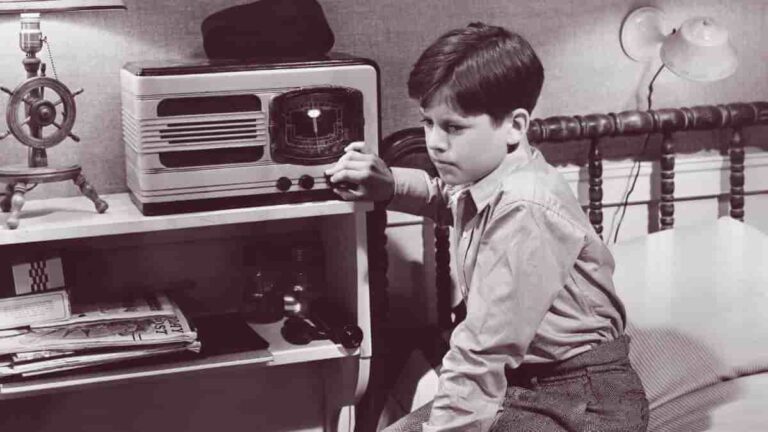People frequently have an intuitive belief that making music is beneficial to their mental health. A positive impact of music on mental health issues is a foundational component of music therapies. On the other hand, musicians seem to experience depression and anxiety disorders more frequently than musically inactive individuals. How do you explain that? A…
Tag: music
Music’s Potential As A Treatment For Parkinson’s, Stroke, And Brain Injury
You probably don’t realise it when you’re listening to your favourite song, but music has an incredibly powerful effect on the human brain. Singing, playing an instrument or listening to music have all been shown to activate numerous areas of the brain that control speech, movement and cognition, memory and emotion – often all at…
Our Brains Are Ready To Follow The Rhythm Of A Song Or Dance
When listening to a song or watching a dance, humans tend to follow the rhythm of the music. This is because one fundamental aspect of music is its rhythm, the way we synchronize with the temporal regularities of a melody or a dance. A recent study from Universitat Pompeu Fabra, Barcelona explores how our brain…
Do Music Lessons Really Make Children Smarter?
In 2004, a paper appeared in the journal Psychological Science_,_ titled “Music Lessons Enhance IQ.” The author, composer and University of Toronto Mississauga psychologist Glenn Schellenberg, had conducted an experiment with 144 children randomly assigned to four groups: one learned the keyboard for a year, one took singing lessons, one joined an acting class, and…
Why Music Makes Us Emotional, According To Artificial Intelligence
University of Southern California computer scientists and psychologists have teamed up to investigate, with the help of artificial intelligence, how music affects how you act, feel, and think. Your heart beats faster, palms sweat, and part of your brain called the Heschl’s gyrus lights up like a Christmas tree. Chances are, you’ve never thought about…
The Brain Takes Just 100 To 300 Milliseconds To Recognize Familiar Music
The human brain can recognize a familiar song within 100 to 300 milliseconds, highlighting the deep hold favourite tunes have on our memory, new research from University College London reports. Anecdotally, the ability to recall popular songs is exemplified in game shows such as ‘Name That Tune’, where contestants can often identify a piece of…

